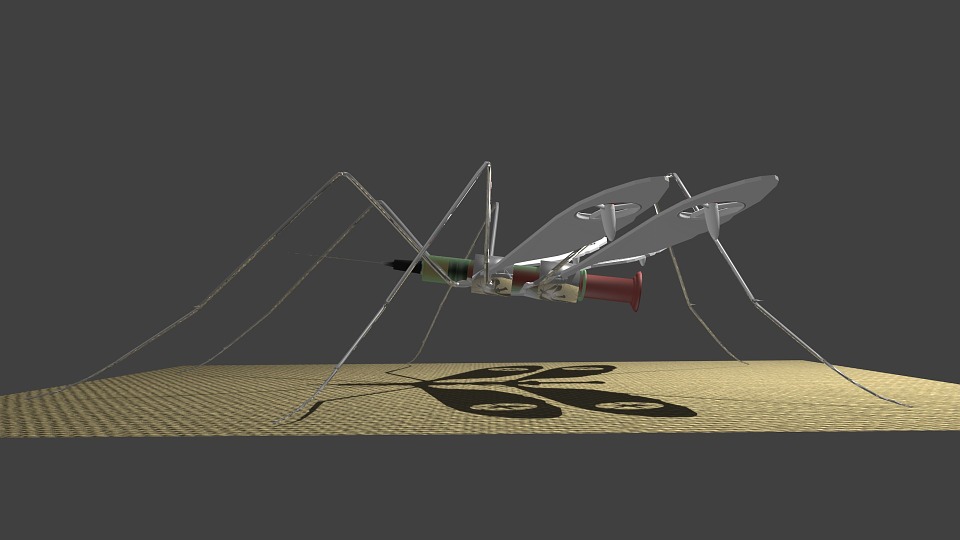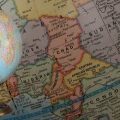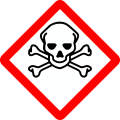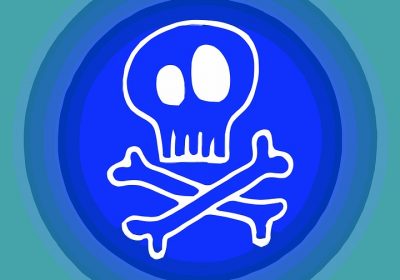DE FAAKTO OUTBREAK INTELLIGENCE
07 JUNE 2019
SITUATION-UPDATE-YELLOW FEVER BRAZIL
The Brazilian Ministry of Health
Key Points
- According to the Brazilian Ministry of Health
- Reporting period 01 January 2019-14 May 2019
- 81 cases of Yellow Fever
- 14 deaths from Yellow Fever
- Nearly all of Brazil is at risk of yellow fever transmission
Advice to Travelers
- There is a widespread risk of yellow fever in Brazil
- The World Health Organisation recommends yellow fever vaccine for travellers to areas at risk of yellow fever (including all of São Paulo State and São Paulo City) unless contraindicated
- Vaccination is advised for all of Paraná, Santa Catarina and Rio Grande do Sul
- Mosquito bite avoidance rules should be adhered to at all times – the mosquito that spreads yellow fever bites predominantly during the day
- Vaccination-Vaccination is the most important means of preventing yellow fever
Vaccination
- Vaccination is the most important means of preventing yellow fever
- The yellow fever vaccine is safe, affordable and a single dose provides life-long protection against yellow fever disease
- A booster dose of yellow fever vaccine is not needed 17D yellow fever vaccine YF-Vax (Sanofi Pasteur)
WHO Advice
- On 25 January 2019, PAHO/WHO alerted Member States about the beginning of the seasonal period for yellow fever and therefore, the highest risk of transmission to unvaccinated humans
- PAHO/WHO advises Member States with areas at-risk for yellow fever to continue efforts to immunize susceptible populations and to take the necessary actions to keep travelers informed and vaccinated prior to traveling to areas where yellow fever vaccination is recommended
- WHO recommends vaccination of international travelers above 9 months of age going to Brazil
About Yellow Fever
- Yellow fever is an acute viral haemorrhagic disease transmitted by infected mosquitoes. The “yellow” in the name refers to the jaundice that affects some patients
Symptoms of Yellow Fever
- Fever, headache, jaundice, muscle pain, nausea, vomiting and fatigue
- A small proportion of patients who contract the virus develop severe symptoms and approximately half of those die within 7 to 10 days (WHO)
Where does Yellow Fever Occur?
- The virus is endemic in tropical areas of Africa and Central and South America
How is Yellow Fever Controlled?
- Vaccinations
- Vector control
- Epidemic Preparations
How Yellow Fever Symptoms Progress
- Once contracted, the yellow fever virus incubates in the body for 3 to 6 days. Many people do not experience symptoms, but when these do occur, the most common are fever, muscle pain with prominent backache, headache, loss of appetite, and nausea or vomiting. In most cases, symptoms disappear after 3 to 4 days
- A small percentage of patients, however, enter a second, more toxic phase within 24 hours of recovering from initial symptoms. High fever returns and several body systems are affected, usually the liver and the kidneys. In this phase people are likely to develop jaundice (yellowing of the skin and eyes, hence the name ‘yellow fever’), dark urine and abdominal pain with vomiting. Bleeding can occur from the mouth, nose, eyes or stomach
- Half of the patients who enter the toxic phase die within 7 – 10 days
Treatment
- Good and early supportive treatment in hospitals improves survival rates
- There is currently no specific anti-viral drug for yellow fever but specific care to treat dehydration, liver and kidney failure, and fever improves outcomes. Associated bacterial infections can be treated with antibiotics
2018 Outbreaks
- Nigeria
- Netherlands
- Republic of Congo
- French Guiana
- Brazil
- Global immunization experts have warned against stagnation of Yellow Fever vaccinations in Africa
Immunization programs have been rolled out in Senegal, Ethiopia, Nigeria, Ghana (CDC)
WHO https://www.who.int/en/news-room/fact-sheets/detail/yellow-fever
CDC https://wwwnc.cdc.gov/travel/notices/alert/yellow-fever-nigeria
Brazilian https://www.fitfortravel.nhs.uk/news/newsdetail.aspx?id=23514
________________________________________________________________________________________
DE FAAKTO OUTBREAK INTELLIGENCE
18 APRIL 2019
SITUATION-UPDATE-YELLOW FEVER BRAZIL
THE WORLD HEALTH ORGANIZATION IS REPORTING,
- Seasonal increases of yellow fever have historically occurred between December and May
- During the 2016-2017 and 2017-2018 seasons, the number of yellow fever cases was much larger than in previous years
- The increase in cases was partly due to a geographical expansion of the areas affected by yellow fever to include areas previously considered risk-free
Yellow Fever Brazil 2018- 2019 season (July 2018 to March 2019)
- 75 confirmed human cases
- 17 deaths (case fatality rate = 23%)
WHO Risk Assessment
- Further transmission is expected in the coming months based on seasonal patterns
- Recent human cases of yellow fever during the current seasonal cycle have been reported in São Paulo, Paraná, and Santa Catarina states in Southeast Brazil
Vaccination
- Vaccination is the most important means of preventing yellow fever
- The yellow fever vaccine is safe, affordable and a single dose provides life-long protection against yellow fever disease
- A booster dose of yellow fever vaccine is not needed
- 17D yellow fever vaccine YF-Vax (Sanofi Pasteur)
WHO Advice
- On 25 January 2019, PAHO/WHO alerted Member States about the beginning of the seasonal period for yellow fever and therefore, the highest risk of transmission to unvaccinated humans
- PAHO/WHO advises Member States with areas at-risk for yellow fever to continue efforts to immunize susceptible populations and to take the necessary actions to keep travelers informed and vaccinated prior to traveling to areas where yellow fever vaccination is recommended
- WHO recommends vaccination of international travelers above 9 months of age going to Brazil
About Yellow Fever
- Yellow fever is an acute viral haemorrhagic disease transmitted by infected mosquitoes. The “yellow” in the name refers to the jaundice that affects some patients
Symptoms of Yellow Fever
- Fever, headache, jaundice, muscle pain, nausea, vomiting and fatigue
- A small proportion of patients who contract the virus develop severe symptoms and approximately half of those die within 7 to 10 days (WHO)
Where does Yellow Fever Occur?
- The virus is endemic in tropical areas of Africa and Central and South America
How is Yellow Fever Controlled?
- Vaccinations
- Vector control
- Epidemic Preparations
How Yellow Fever Symptoms Progress
- Once contracted, the yellow fever virus incubates in the body for 3 to 6 days. Many people do not experience symptoms, but when these do occur, the most common are fever, muscle pain with prominent backache, headache, loss of appetite, and nausea or vomiting. In most cases, symptoms disappear after 3 to 4 days
- A small percentage of patients, however, enter a second, more toxic phase within 24 hours of recovering from initial symptoms. High fever returns and several body systems are affected, usually the liver and the kidneys. In this phase people are likely to develop jaundice (yellowing of the skin and eyes, hence the name ‘yellow fever’), dark urine and abdominal pain with vomiting. Bleeding can occur from the mouth, nose, eyes or stomach
- Half of the patients who enter the toxic phase die within 7 – 10 days
Treatment
- Good and early supportive treatment in hospitals improves survival rates
- There is currently no specific anti-viral drug for yellow fever but specific care to treat dehydration, liver and kidney failure, and fever improves outcomes. Associated bacterial infections can be treated with antibiotics
2018 Outbreaks
- Nigeria
- Netherlands
- Republic of Congo
- French Guiana
- Brazil
- Global immunization experts have warned against stagnation of Yellow Fever vaccinations in Africa
Immunization programs have been rolled out in Senegal, Ethiopia, Nigeria, Ghana (CDC)
WHO https://www.who.int/csr/don/18-april-2019-yellow-fever-brazil/en/
WHO https://www.who.int/en/news-room/fact-sheets/detail/yellow-fever
CDC https://wwwnc.cdc.gov/travel/notices/alert/yellow-fever-nigeria






